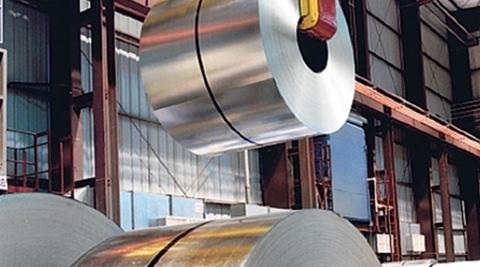A parliamentary panel and the government are worried about the prospects of domestic steel firms getting hit as the customs duties on imports from Japan and Korea are being eliminated as part of India’s commitment towards Comprehensive Economic Partnership Agreements (CEPAs) even as anti-dumping duties are in place.
While many found the fear unfounded, a parliamentary panel recently recommended that “the matter regarding review of CEPA with Japan and Korea should be taken at the highest level to check rising imports from these countries”, as the beleaguered industry has been reeling under unprecedented crisis.
Acting swiftly, the steel ministry has taken up the matter with its commerce counterpart, asking it to review the agreements under which duty on steel imports from Japan has already been eliminated and will soon be made nil for imports from Korea. The Indo-Korea CEPA was signed in January 2010 while the CEPA with Japan came into force from February, 2011. Imports from other countries attract 12.5% duty.
The steel industry, which has got a series of protective measures from the government in the last one year, has been persuading the government to give a “relook” at the CEPAs.
Watch what else is making news:
A steel ministry source said imports of steel into India have been steadily increasing after India entered into CEPAs with Japan and Korea. In 2009-10, share of imports of finished steel into India from Japan and Korea was 23%. This has gone up to 47% in 2013-14 and 43% in 2015-16.
With substantial surplus domestic capacities, these countries have no supply concern. Surplus situation necessitates high level of export focus by these countries. Japan and Korea are second and third largest steel exporters in the world. The official also said after the CEPA was signed, imports from Japan have registered a higher increase as compared to imports from Korea.
On the other hand, Indian exporters have failed to take benefit of the duty reduction. The exports have actually come down over the years. While India exported 49,000 tonne steel to Korea and 2,600 tonne to Japan in 2009-10, it fell to 26,000 tonne and 720 tonne, respectively, in 2015-16.
